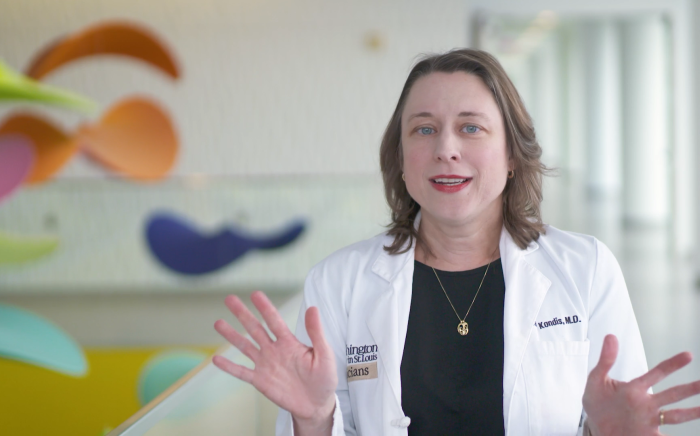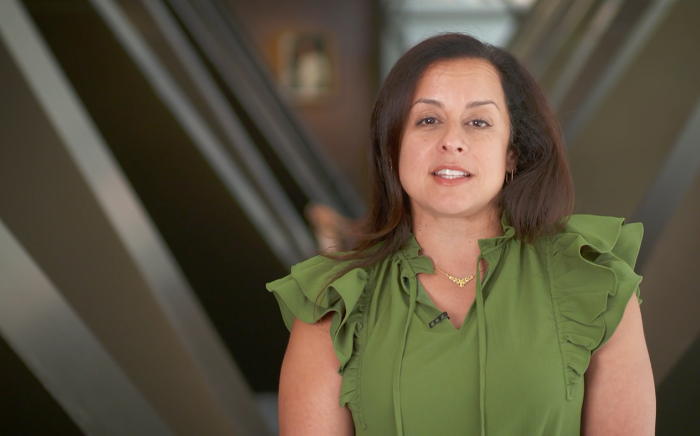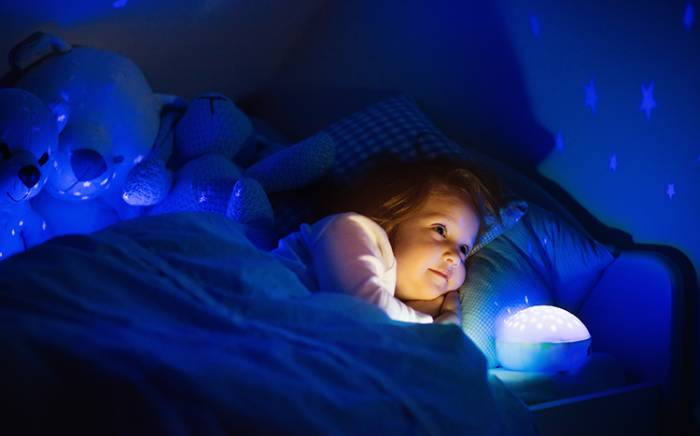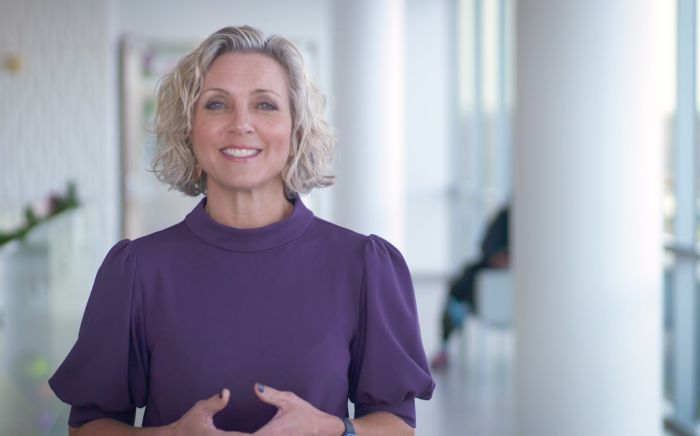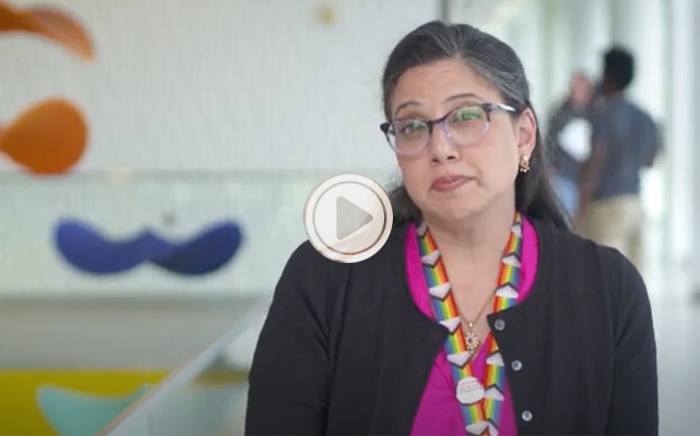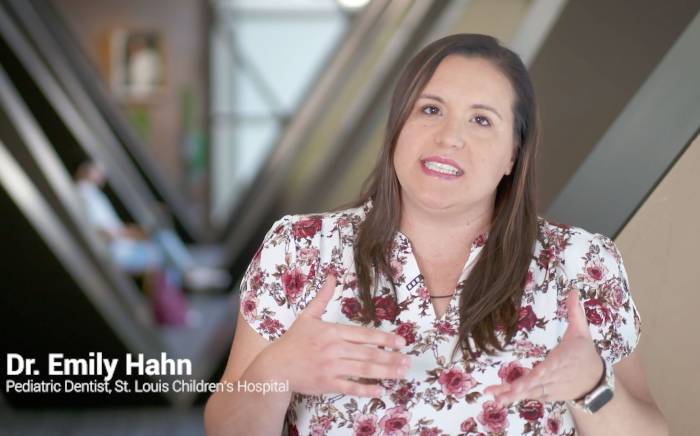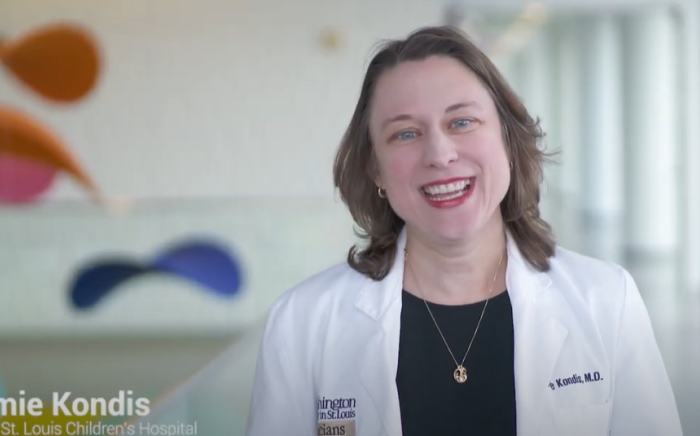Washington University Physicians at St. Louis Children’s Hospital have a long track record of contributing valuable research to the field of craniosynostosis repair. This dedication to research results in exceptional clinical outcomes for the children we treat.
For more information call 314.454.5437 or 800.678.5437.
Internationally Recognized Research
Each year, Washington University Physicians at St. Louis Children’s Hospital conduct research related to craniosynostosis treatment. These doctors have changed the way craniosynostosis is treated around the world, including:
- Endoscopic craniosynostosis repair. Since the development of minimally invasive endoscopic techniques for craniosynostosis at St. Louis Children’s Hospital, our team has led the field in outcomes analysis research looking at results, complications and cost-effectiveness. Learn more about endoscopic craniosynostosis repair at St. Louis Children’s Hospital.
- St. Louis Protocol for helmeting. After a child undergoes endoscopic craniosynostosis repair, he or she must wear a specially designed helmet for several months. The helmet doesn’t just protect the child’s head, it is designed to optimize head shape and surgical outcomes. Today, surgeons across the nation use a standardized protocol for helmeting called ‘the St. Louis Protocol,’ named for St. Louis Children’s Hospital.
- Leadership. We’re passionate about treating craniosynostosis. Surgeons affiliated with St. Louis Children’s Hospital publish numerous papers on the subject every year and present new findings at national and international conferences.
- Commitment. For nearly 40 years, we have contributed data and knowledge that have changed the way craniosynostosis is treated. We continue to seek new ways to improve outcomes for children with this condition.
Can My Child be Part of a Clinical Trial for Craniosynostosis?
You may be familiar with clinical research trials. These treatments are not available to the general public because they are considered experimental. There are no clinical research trials for craniosynostosis because the current surgical techniques work very effectively to treat the condition.
The research performed on craniosynostosis by Washington University physicians at St. Louis Children’s Hospital does not take the form of experimental treatments. Instead, physicians collect data on patients they treat.
They combine this data and look for trends. When they see a trend, they may try a different approach to influence patient outcomes. Then they collect more data and begin a new cycle.
Highlights of our research program include:
- The largest and oldest craniofacial imaging database in the world
- 3D CT (computerized tomography) imaging was developed here
- The oldest and largest craniofacial team in the MidWest
- Regional Centers of Excellence for both endoscopic and open craniosynostosis repair surgery
- The only team in the region to offer naso-alveolar molding (cleft care) in the region
Papers, abstracts, courses taught, and presentations from our team.
Please talk to your surgeon if you would like more information about craniosynostosis research.
Contact Us
For more information, call us at 314.454.5437 or toll-free at 800.678.5437.




